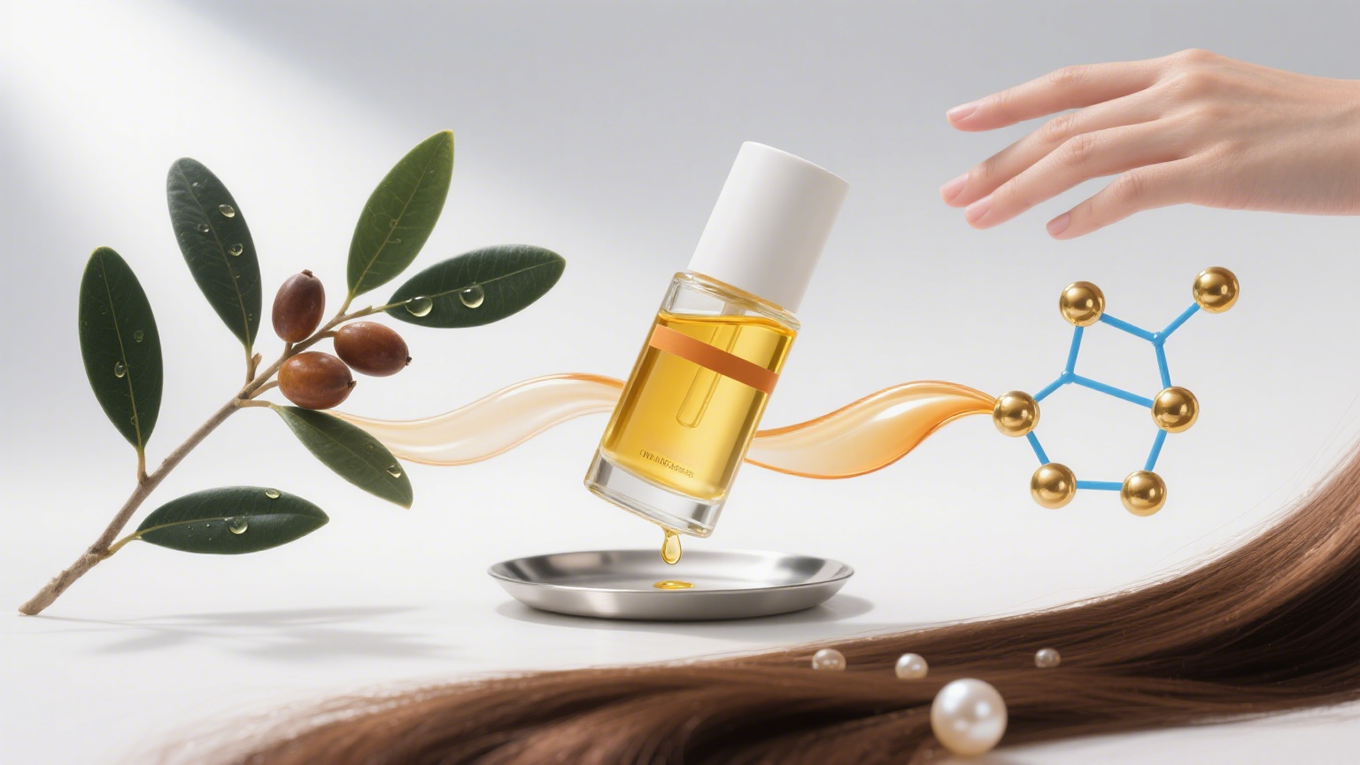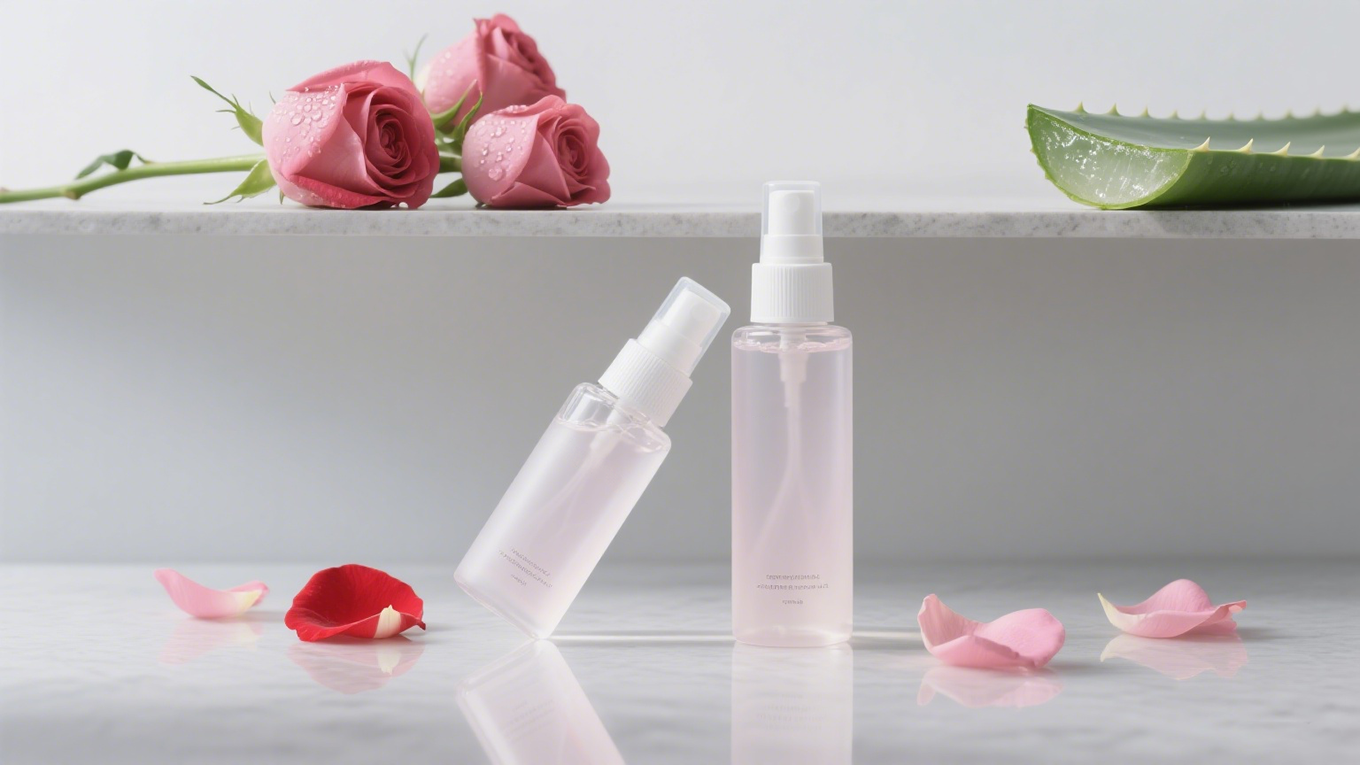Achieving a brighter and more even skin tone is a common skincare goal for many individuals. Skin whitening, also referred to as brightening, involves reducing the appearance of hyperpigmentation, dark spots, and uneven tone while maintaining healthy, nourished skin. Modern skincare solutions combine advanced ingredients with natural remedies to promote a radiant complexion safely and effectively. This comprehensive guide explores the mechanisms of skin whitening, the most effective ingredients, and detailed practices to achieve glowing, even-toned skin.
Understanding Skin Whitening
Skin color is primarily determined by melanin, a natural pigment produced by melanocytes in the skin. Increased melanin production can result in hyperpigmentation, dark spots, or an uneven complexion. Skin whitening focuses on reducing melanin production and improving skin texture without causing irritation or long-term damage.
Key factors influencing skin tone include:
- Sun exposure: UV rays stimulate melanin production, leading to darkening and sun spots.
- Hormonal changes: Pregnancy, birth control, and hormonal imbalances can trigger pigmentation.
- Aging: As skin ages, it becomes prone to uneven tone and discoloration.
- Skin damage: Acne scars, inflammation, and injuries can leave dark marks.
Understanding these factors helps in selecting the right approach for skin whitening.
Popular Ingredients for Skin Whitening
1. Vitamin C
Vitamin C is a powerful antioxidant that inhibits melanin production, brightens the skin, and reduces the appearance of dark spots. Regular use can improve skin tone and promote a radiant glow.
How to use: Apply serums or creams containing 10–20% vitamin C after cleansing and before moisturizing.
2. Niacinamide (Vitamin B3)
Niacinamide reduces melanin transfer between skin cells and enhances the skin’s natural barrier. It also improves hydration and texture, making the skin appear smoother and brighter.
How to use: Incorporate niacinamide serums or moisturizers into your daily routine, preferably in the morning for enhanced protection.
3. Arbutin
Arbutin is a natural compound derived from bearberry plants. It effectively inhibits melanin production and is gentler than hydroquinone, making it suitable for sensitive skin.
How to use: Apply arbutin-based serums or creams to targeted areas with hyperpigmentation.
4. Kojic Acid
Kojic acid is known for its skin-lightening properties, helping reduce dark spots and uneven tone. It is often combined with other ingredients for maximum effectiveness.
How to use: Use kojic acid serums in the evening and always follow with sunscreen during the day to prevent UV-induced pigmentation.
5. Licorice Extract
Licorice extract contains glabridin, which inhibits tyrosinase, an enzyme responsible for melanin production. It also has anti-inflammatory properties, making it ideal for sensitive or acne-prone skin.
How to use: Integrate licorice extract into moisturizers or serums for daily application.
Natural Remedies for Skin Whitening
In addition to modern skincare products, several natural ingredients can support brightening:
- Aloe Vera: Reduces pigmentation and soothes inflammation.
- Lemon Juice: Contains vitamin C and citric acid, but must be diluted to avoid irritation.
- Turmeric: Rich in curcumin, it has antioxidant and anti-inflammatory effects.
- Papaya: Contains natural enzymes like papain that exfoliate and brighten skin.
Tip: Natural remedies are gentle but may take longer to show results. Consistency is key.
Daily Practices to Support Skin Whitening
1. Sun Protection
UV exposure is the primary cause of hyperpigmentation. Daily use of broad-spectrum sunscreen SPF 30+ is essential to prevent further darkening and protect skin health.
2. Regular Exfoliation
Exfoliating 1–2 times per week helps remove dead skin cells and promotes cell turnover, enhancing the effectiveness of brightening ingredients. Avoid harsh scrubs; opt for chemical exfoliants like AHA or BHA for gentle, effective results.
3. Hydration and Moisturization
Well-hydrated skin maintains a healthy barrier, which improves tone and texture. Use hydrating serums, gels, or creams to lock in moisture. Ingredients like hyaluronic acid, glycerin, and aloe vera are highly effective.
4. Targeted Treatments
For stubborn dark spots, consider spot treatments containing vitamin C, niacinamide, or arbutin. Consistent application over 8–12 weeks usually shows noticeable improvement.
5. Healthy Lifestyle Choices
Diet, sleep, and stress management impact skin health. Incorporate antioxidant-rich foods, maintain proper hydration, and ensure adequate sleep for a glowing complexion.
Advanced Skin Whitening Procedures
For individuals seeking faster or more dramatic results, professional treatments may be considered:
- Chemical Peels: Use acids to remove the outer layer of skin, revealing brighter skin beneath.
- Laser Therapy: Targets pigmentation for precise, lasting results.
- Microdermabrasion: Mechanically exfoliates the skin to improve tone and texture.
Note: Always consult a dermatologist before undergoing advanced procedures to ensure safety and suitability for your skin type.
Precautions for Safe Skin Whitening
While aiming for brighter skin, avoid the following risks:
- Harsh chemicals: Products containing high concentrations of hydroquinone, mercury, or steroids can cause long-term damage.
- Excessive sun exposure: Even with brightening treatments, UV protection is non-negotiable.
- Overuse of exfoliants: Excessive exfoliation can damage the skin barrier and lead to irritation.
By following safe practices and selecting appropriate products, skin whitening can be both effective and sustainable.
Recommended Products
- Vitamin C Serums: Brighten and protect against environmental damage.
- Niacinamide Creams: Reduce pigmentation and improve hydration.
- Arbutin Spot Treatments: Target dark spots effectively.
- Licorice Extract Toners: Soothe and balance the skin.
These products can be incorporated into daily routines to maintain a healthy, radiant complexion.
Skin whitening is not about altering natural beauty but enhancing radiance, reducing dark spots, and achieving an even skin tone. A combination of effective ingredients, natural remedies, daily skincare practices, and professional treatments ensures the best results. Consistency, sun protection, and proper hydration are essential to support safe and sustainable skin brightening. By following these guidelines, individuals can enjoy healthier, brighter, and more luminous skin while maintaining long-term skin health.



